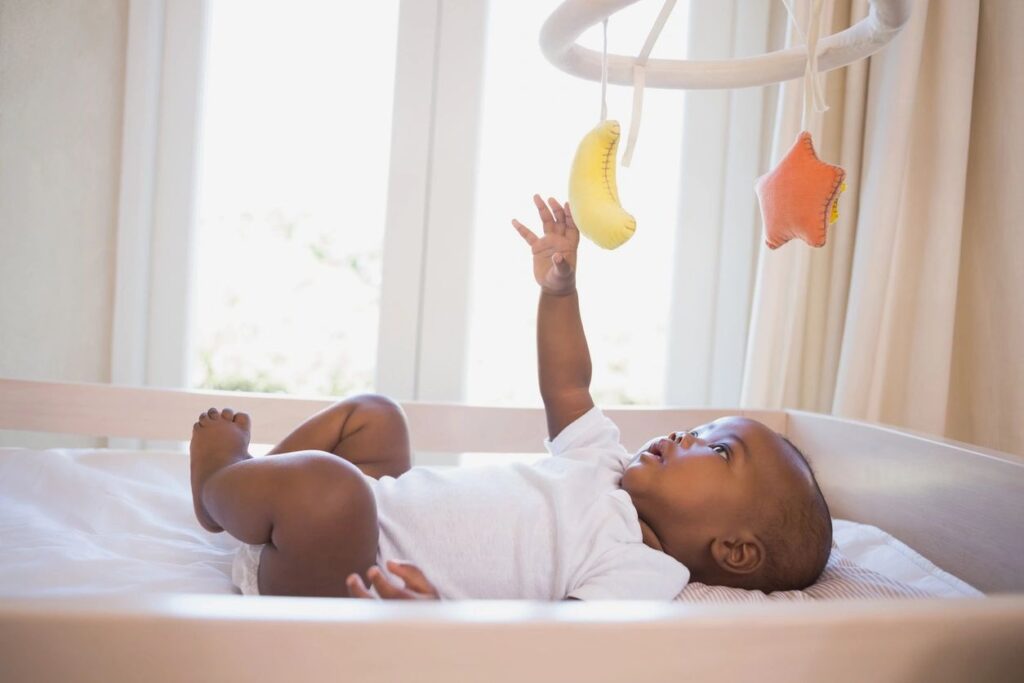Posts by Neil Petersen
Optimists Sleep Better at Night
Do you ever wake up in the night and worry about what the future might hold? Well, if you’re an optimist, maybe not. A new study published in the Journal of Sleep Research indicates that viewing the world through rose-colored glasses may go hand-in-hand with a lower risk for chronic insomnia. If that’s the case,…
Read MoreWhy Do Most People Cradle Babies Facing Left?
If I hand you a baby without warning, chances are you’ll instinctively take them and cradle them with their head on your left side. Approximately 70 percent of people prefer to hold babies facing to the left. The tendency is more pronounced in right-handers and women, but it appears to be universal. Children have a…
Read MoreThe Psychology of Finding the Silver Lining
Finding something good in a bad situation is a common way of coping with adversity, as can be seen when we talk about clouds, silver linings, and the like. It’s also a technique that has a decent amount of evidence to back it up from the psychology literature. Psychologists talk about benefit finding, or being…
Read MoreHow to Enforce Social Distancing? Your Answer Might Depend on Who’s Breaking the Rules
An ethical question raised by the pandemic is what to do about people who don’t take it upon themselves to follow public health recommendations. Generally, there are two approaches: educate people and punish them. The first involves informing people about the consequences of not following public health advice while the second is about imposing penalties…
Read MoreThe Advantages of Unrealistic Optimism
Having a realistic view of the world might be overrated. One of the first psychology papers to explicitly make that case was published in 1988 by Shelley Taylor and Jonathon Brown, under the title Illusion and Well-being. It challenged the traditional idea that “accurate perceptions of the self, the world, and the future are essential…
Read More3 Traits That Might Help With Jobs Involving Trauma
Certain jobs put an extra burden on the mental health of people who do them because they frequently involve dealing with traumatic situations. Not everyone who does potentially traumatic jobs experiences negative mental health effects, though. So why are some people able to take on these jobs and still enjoy relatively good mental health? A…
Read MoreThe Most and Least Enjoyable Daily Activities During Quarantine
Finding activities that bring positive emotions into your life has always been important, but it gained a new urgency when daily life was turned upside down by the pandemic. With lockdowns going into effect, everyday activities like working and socializing started to look different than they had before for many people. And some entirely new,…
Read MoreDo Different Addictions Have the Same Risk Factors?
From substance use to compulsive behaviors, addiction can take a variety of forms. Given that range of possible addictions, psychology researchers are still trying to figure out the extent to which different types of addictive behaviors share similar roots. A new study from researchers at Bar-Ilan University and UCLA provides some new data for exploring…
Read MoreNarcissism Linked to Voter Turnout, Political Activity
Say what you will about narcissists, but at least they turn out to do their civic duty. That’s according to a new paper titled Narcissism and Political Participation from researchers in the United States and Denmark, who surveyed several thousand adults across both countries. The researchers found that people who score as having higher levels…
Read MoreIs Compassion the Key to Enjoying Sad Music?
A question that often comes up in music psychology is why so many people enjoy music that recalls negative emotions like sadness. It seems paradoxical that people would seek out and apparently experience positive feelings from music that portrays negative emotions. A new paper in the journal Frontiers in Psychology puts forward one possible explanation…
Read More








